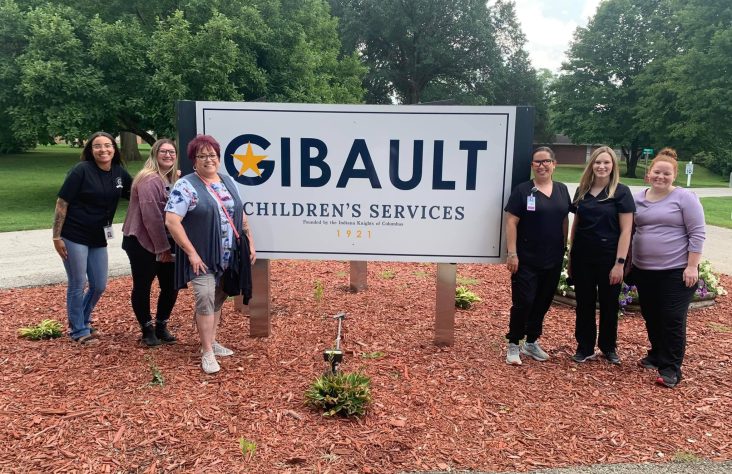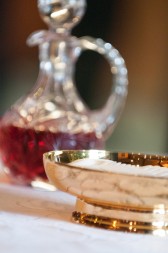February 9, 2017 // Perspective
Building relationships of trust is at the heart of new diocesan marriage preparation program
When Mary-Rose Verret finally tracked down a married couple that she hoped would help her to coordinate a marriage preparation program at her Lafayette, La., parish, she was devastated by what she learned. The couple, who had only been married a couple of years earlier and had gone through her parish marriage preparation program, was separated and on the road to divorce.
What made it particularly troubling was the fact that this couple looked like they had everything going for them: They were on fire with their Catholic faith, they had made the decision to wait to have sex until they were married and they had done very well on their premarital inventory, which would have flagged problem areas for them. She was exasperated with the thought of what else they could have done to help prepare them for a happy life together.
When she shared the news with the pastor at the start of a parish staff meeting, the pastor, too, was beside himself. He immediately closed the notebook in front of him and told his staff that they were going to pray in the church and ask the Lord for His wisdom. As he prepared to expose the Blessed Sacrament for a Holy Hour spent on their knees, he let Verret know that he would be looking for some inspiration from her at the end of the hour. She wasn’t thrilled at the prospect.
At the end of that holy hour she had only a vague, preliminary idea of what would eventually become a model of marriage preparation that is now spreading to parishes and dioceses across the United States. The program that she and her husband, Ryan, would develop focused on building a relationship of trust between an engaged couple, a mentor couple and the priest or deacon who would be witnessing the wedding. The key to this program, however, would be that the engaged couple would choose their own mentor couple instead of having one selected for them by the parish.
What Verret had found when she did further research and tracking was that the approximately 30 couples a year they prepared for marriage had about a 23 percent divorce rate. Even though they had stellar mentor couples screened and trained by the parish — along with extensive couple counseling, a diocesan marriage conference and natural family planning instruction — the valuable information that they were imparting wasn’t enough to see through roughly a quarter of the couples after only a few years of marriage. She found that when problems began to emerge, the newly married couples were not seeking out the mentor couples that had prepared them for marriage. This dynamic needed to change.
The Witness to Love program model that the Verrets developed began with focusing on building up a relationship of trust between an engaged couple and a mentor couple. To do this required the engaged couple to find a couple who had been married in the church for at least five years, who went to church regularly and who had something about their relationship that the engaged couple admired.
That was it. There was no requirement that the mentor couple be well-formed in the faith or even that they practiced or agreed with the church’s teachings on marriage. While at the start this seemed to be a pretty risky move, they and their pastor felt that it was worth a try. After a number of years, it has had phenomenal success. In fact, what they found is that both couples not only grew close, but they also grew closer to Christ and the church.
In this context, new information was not only shared, but it was appreciated and integrated in a way that it had not been before. As Mary-Rose put it: “You can have the best information, with great presenters, but if it isn’t done within a relationship of trust, it doesn’t stick.” Choosing a mentor couple means you have “skin in the game.” For the mentor couple, it means wanting to be a good role model and growing along with the engaged couple.
Having heard about Witness to Love over a year ago, my wife Lisa and I had an opportunity to attend a day-long workshop this past summer by Mary-Rose. We wanted to have an opportunity to ask her several questions and to better understand how the program developed and how it works. She addressed all of our reservations and her presentation convinced us that we needed to share this information with Bishop Rhoades. This past fall he gave the Office of Family Life the go-ahead to pilot the program in a few parishes in the diocese beginning this spring. The response by the pastors we have contacted has been very enthusiastic.
Finally, Mary-Rose has also been tracking the couples who have been going through the new program at her parish. So far, there has not been a single divorce. Sounds like a pretty good reason to move forward with this model in our diocese, too.
Frederick Everett is co-director of the diocesan Office of Family Life for the Diocese of Fort Wayne-South Bend.
The best news. Delivered to your inbox.
Subscribe to our mailing list today.







